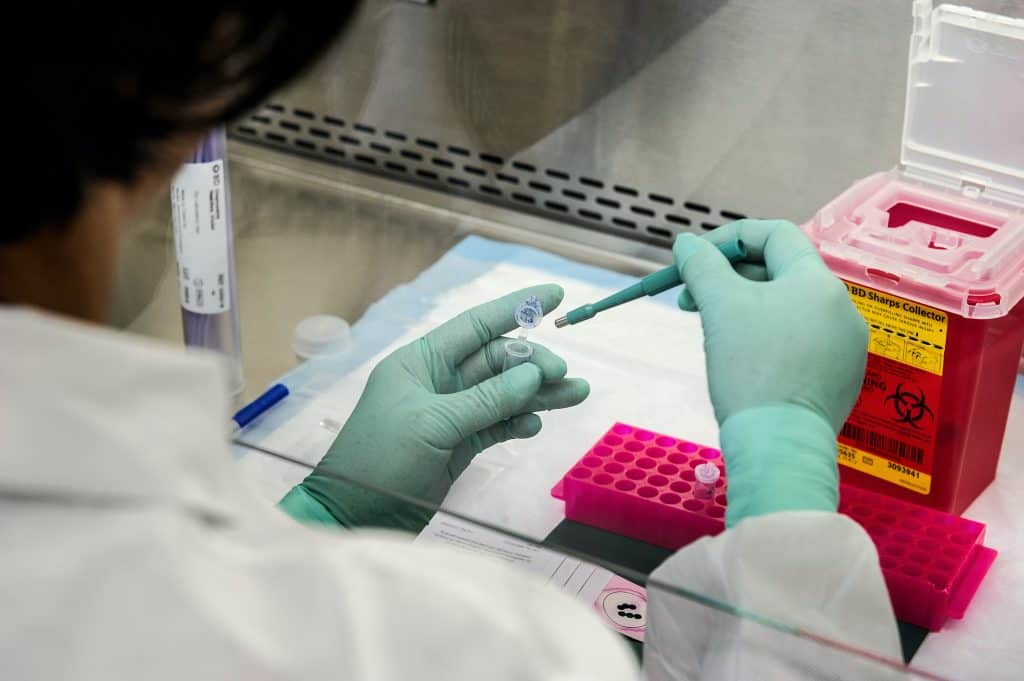
ImmunityBio expands COVID-19 vaccine programme to incorporate ‘mix-and-match’ technologies
pharmafile | November 19, 2021 | News story | Medical Communications |
Clinical-stage immunotherapy company, ImmunityBio Inc, has announced the expansion of the company’s cancer and infectious disease vaccine programmes to include RNA, recombinant protein vaccine candidates, and other adjuvant formulations to enhance immune responses against infectious diseases and cancer.
The company believes that their new “mix-and-match” approach will support a new generation of COVID-19 vaccines which could potentially confer long-term immune memory to overcome the threat of current and future variants of the SARS-CoV-2 virus.
Second-generation vaccines that combine different advanced DNA, RNA, Protein, and Ajuvant components are critical to providing accessible, broad, and durable protection against current and future potential SARS-CoV-2 variants. By adding self-amplifying self-adjuvating RNA (SASA-RNA), next-generation nano-lipid carriers, recombinant protein, and adjuvant vaccine technologies to ImmunityBio’s current adenivorus vector vaccine, the company offers a very comprehensive vaccine technology platform.
ImmunityBio is a leading late-clinical-stage immunotherapy company developing next-generation therapies that drive immunogenic mechanisms for defeating cancers and infectious diseases. The company’s immunotherapy platform activates both the innate (natural killer cell and macrophage) and adaptive (T cell) immune systems to create long-term “immunological memory.”
Patrick Soon-Shiong, MD, Executive Chairman and Global Chief Scientific and Medical Officer at ImmunityBio, “Even though the first COVID-19 vaccines were approved almost a year ago, and billions have been invested to develop those first-generation shots, just 40% of the global population is fully vaccinated today.
“What’s more, most of the people who have not yet received a vaccination are in low-and middle-income countries where cost and access are huge factors, and where the virus has ideal conditions for developing potent new variants. Not only do we believe our expanded platform approach will create powerful new vaccines, but we also believe that we already have the large-scale infrastructure in place to quickly and cost-effectively scale up production immediately. In addition, our vaccine candidates do not require the difficult storage conditions of several current vaccines, which we believe makes them more practical to make, store, and distribute to remote areas.”
Lina Adams








